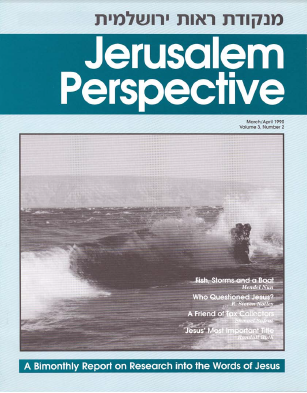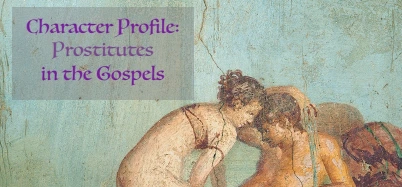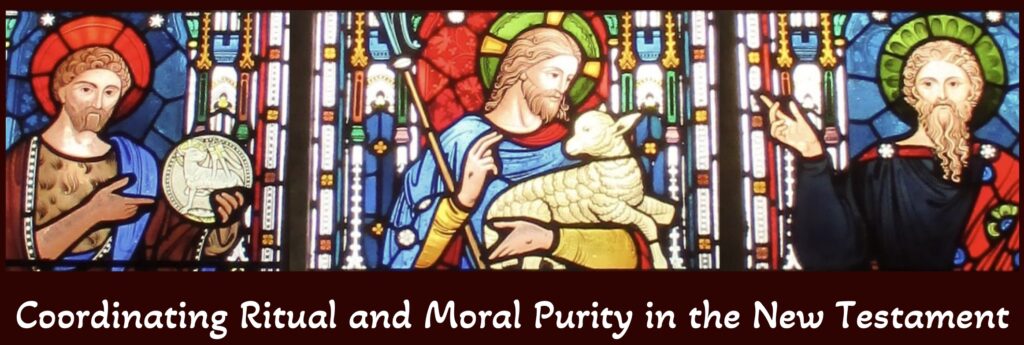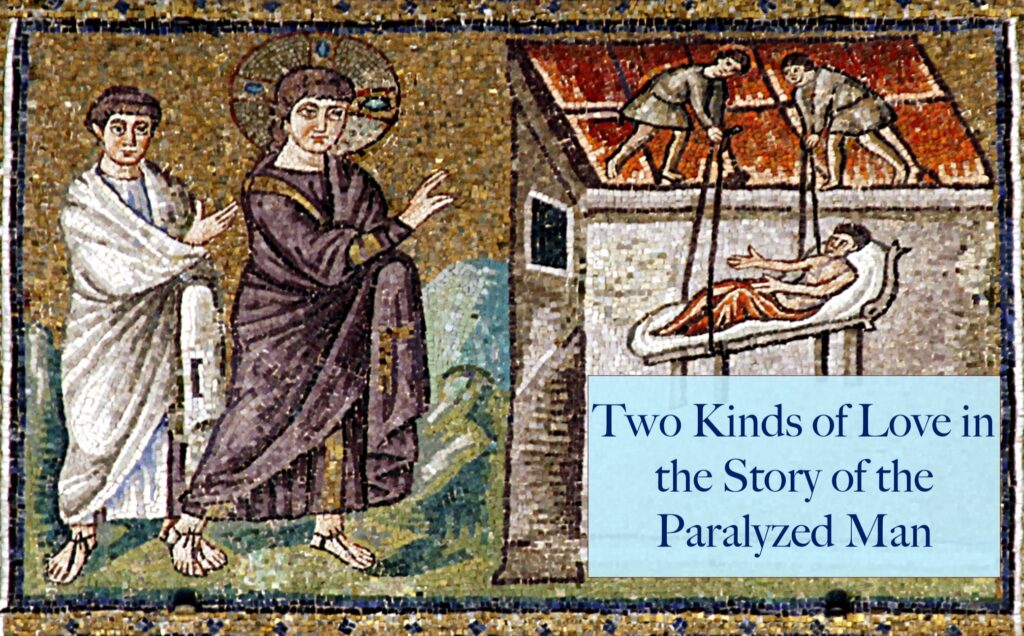A JP reader submitted the following question:
In Matthew 24, Jesus says that when the residents of Judea see the abomination of desolation standing in the holy place, they should flee to the mountains and pray that their flight not be in the winter or on a Sabbath (verse 20). I can understand “winter,” but why did Jesus say that they should pray that their flight not be on a “Sabbath”?
Shmuel Safrai responded:
The biblical prohibition against working on the Sabbath, as interpreted by the rabbis, included carrying burdens (Mishnah, Shabbat 7:2). If one had to flee on the Sabbath one would be forced to leave behind nearly all of one’s possessions. One would not be permitted to take any money, would be allowed to carry only enough food for three meals and a maximum of eighteen different pieces of clothing (Mishnah, Shabbat 16:2, 4).
To illustrate the severity of this prohibition, if a man’s house caught fire on the Sabbath, he was not allowed to carry water to put out the fire and he could save only enough food from the house for three meals. Compare the story recorded in Tosefta, Shabbat 13:9 about the fire that broke out on the Sabbath in the courtyard of Joseph ben Sammai, who lived in the Lower Galilee. Not only would he not extinguish the fire, but he was so strict in his observance of the commandments that he would not allow the soldiers of a nearby Roman army camp to put out the blaze even though they had come at their own initiative and thus were not in violation of Jewish law. (See my JP aricle “The Centurion and the Synagogue.”)
To read more New Testament insights from professor Shmuel Safrai on Jerusalem Perspective, click here.
And check out these recent JP articles:
- Character Profile: Prostitutes in the GospelsWas first-century Jerusalem really crawling with prostitutes, as Jesus’ saying about tax collectors and harlots entering the Kingdom of God seems to suggest?
- Purity Halakha in the Story of the Hemorrhaging WomanDoes concern for ritual purity explain why the hemorrhaging woman touched Jesus’ tzitzit?
- Coordinating Ritual and Moral Purity in the New TestamentTaking another look at how John the Baptist, Jesus, and the Apostle Paul related to issues of ritual and moral purity.
- Two Kinds of Love in the Story of the Paralyzed ManTwo kinds of love operate in the story of the paralyzed man. One kind of love is inclusive and redemptive, the other is exclusive and destructive. Which kind of love will prove victorious?
- Character Profile: BeelzebulGet acquainted with this mysterious and sinister figure.
- What’s Wrong with Contagious Purity? Debunking the Myth that Jesus Never Became Ritually ImpureThe view that Jesus could not be affected by impurity and that Jesus was able to spread his purity to others is based on faulty assumptions and invalid inferences.









![Shmuel Safrai [1919-2003]](https://www.jerusalemperspective.com/wp-content/uploads/userphoto/20.jpg)




























































































